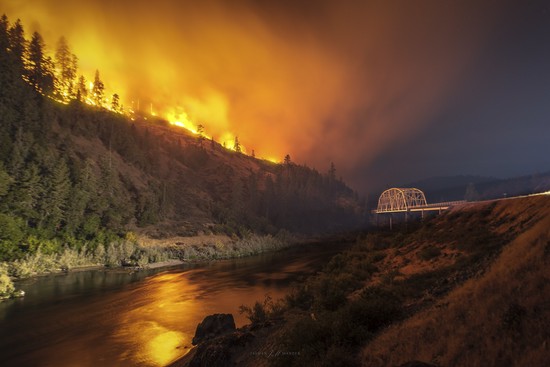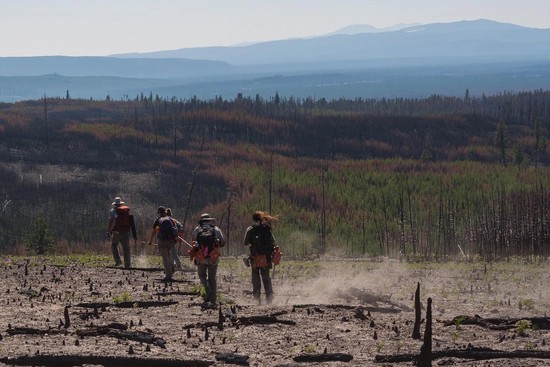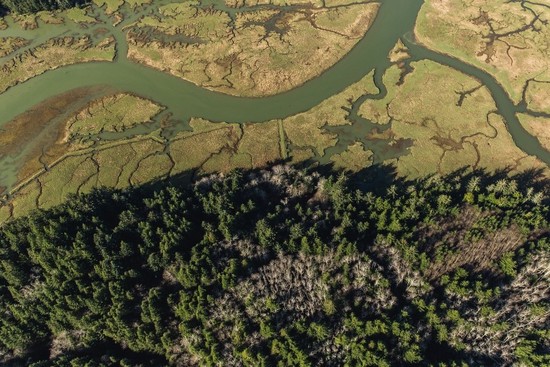Michele S. Buonanduci
Postdoctoral Researcher
The Nature Conservancy in Washington
University of Washington
Biography
Hello! I am a Postdoctoral Researcher working jointly with The Nature Conservancy and the University of Washington. Broadly, I am interested in harnessing quantitative methods to address both basic and applied ecological questions. I completed my PhD in the Quantitative Ecology and Resource Management program at the University of Washington, working with Dr. Brian J. Harvey. My graduate research focused on understanding the causes and consequences of forest disturbances (primarily bark beetle outbreaks and wildfires) across a range of spatial scales. In my postdoctoral research, I am working to quantify how fire regimes are changing across the western United States and to better understand the implications of those changes for Pacific salmon population health.
Interests
- Spatial analysis
- Landscape ecology
- Forest ecology
Education
-
PhD in Quantitative Ecology, 2023
University of Washington
-
MS in Quantitative Ecology, 2019
University of Washington
-
BA in Environmental Science, 2012
Boston University


